TABLE OF CONTENTS
Although, for years, Jamaica has had a reputation for weed smoking, the government has only recently decriminalized it.
Now, adults over the age of 18 can posses two ounces of weed in public for their own personal use. And in the home, adults can legally plant five marijuana plants.
There are a handful of cannabis retail stores in Jamaica.
As the cannabis industry grows, it opens up employment opportunities for people. If you live in Jamaica, you should consider enrolling in the online cannabis program at Jamaica Marijuana College
Prepare Yourself for the Future
Enrolling in the Jamaica Marijuana College means that you will be part of the Cannabis Training University's community.
CTU is entirely online. You log in and complete the program on your own time. All you need is access to the internet and a device such as a smartphone, iPad or computer.
It is evident that the cannabis industry is growing in all parts of Jamaica. Is it your time to switch careers and join the cannabis industry?
How the Program Works
Jamaica's Marijuana College, offered through Cannabis Training University, presents a fully online, globally accredited platform for cannabis education.
With the flexibility to login from any device, at any time, individuals aged 18 and above can enroll from anywhere worldwide, without the requirement of prior experience or educational background.
Cannabis Training University stands as the foremost authority in cannabis education globally, proudly accredited by IACET, making it the most esteemed and recognized cannabis college worldwide.
Jamaica Marijuana College Curriculum
The online program offered by Jamaica's Marijuana College through Cannabis Training University comprises 8 comprehensive classes, resulting in 10 distinct certifications that can be authenticated on the Cannabis Training University's website.
The program includes these 8 classes:
- Cannabis Basics
- Cannabis as Medicine
- Cannabis Cultivation
- How to Grow Cannabis
- Cannabis Cooking and Extraction
- Cannabis Careers
- Cannabis Business
- Cannabis Laws and Regulations
With a total duration of 42 hours of coursework, participants have the flexibility to log in and progress through the program at their own convenience.
Following each class, there is a multiple-choice quiz, which can be attempted as many times as needed until a passing grade of 70% is achieved. Additionally, there is a multiple-choice final exam included in the course.
“
There are over 300,000 jobs in the cannabis industry. CTU trained me for one of them!

Makes $24.50 @ THC +
Your next step is to enroll in the online program at the Cannabis Training University today!

Fred Hernandez
Fred Hernandez is a highly accomplished and versatile writer, boasting an extensive background in the cannabis industry. With an in-depth understanding of various sectors including cultivators, processors, retailers, and brands, Fred's expertise spans across the entire cannabis landscape. As a prominent contributor to CTU, he consistently delivers insightful articles exploring the latest developments, news, and regulations shaping the cannabis industry. Whether it's delving into the intricacies of cannabis products, cannabis strain reviews, or providing comprehensive analyses of cannabis laws, or sharing expert insights on cannabis cultivation techniques, Fred's wealth of knowledge positions him as an invaluable writer and educator for all cannabis-related subjects.


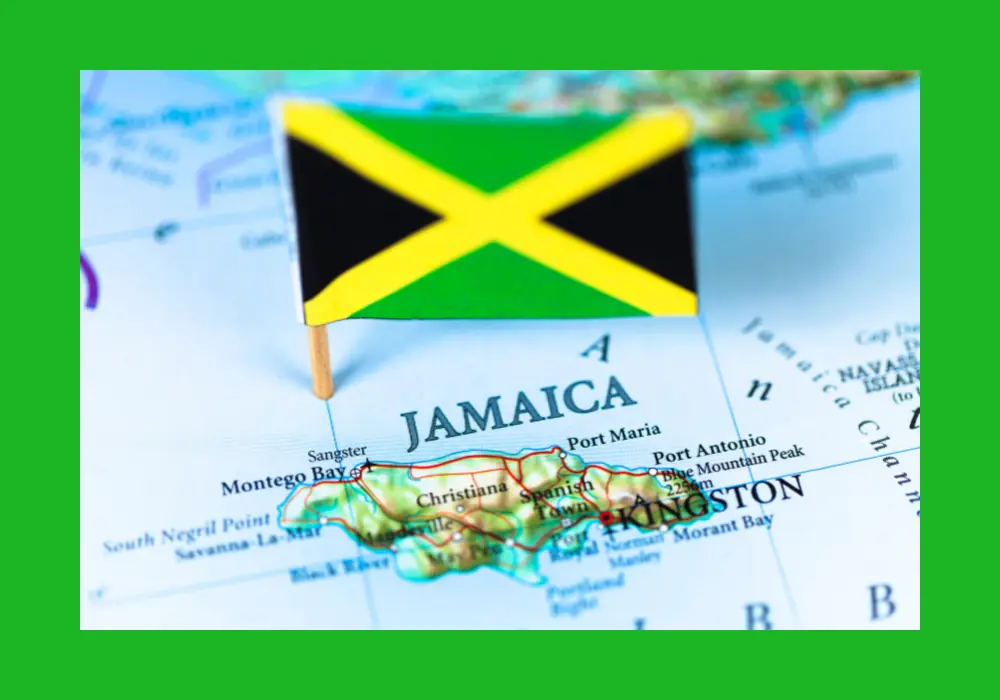



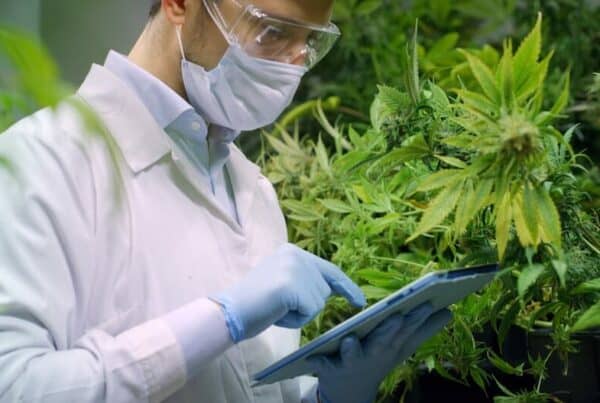
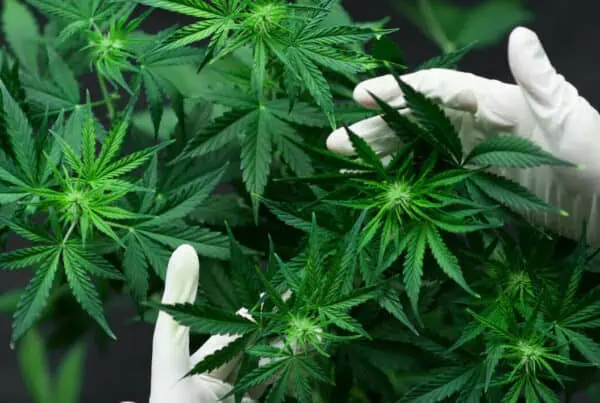
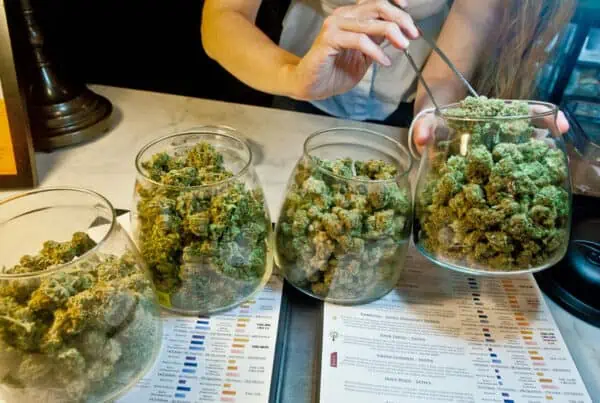
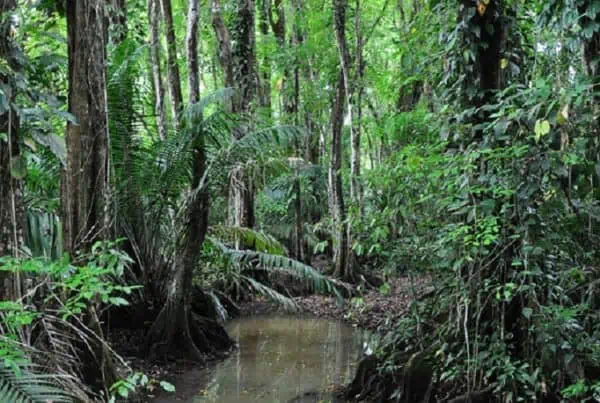
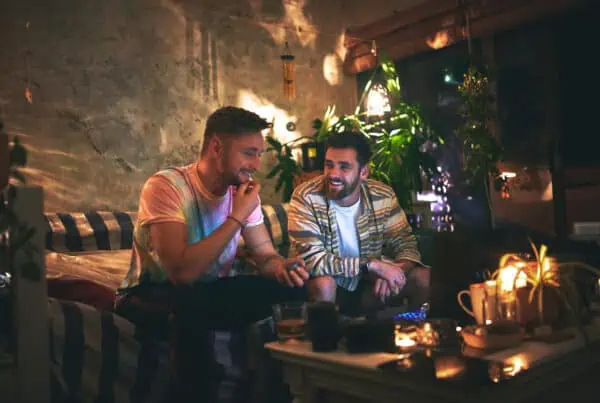

 Jeff was involved in an accident where he endured a traumatic brain injury. He had a week-long stay in ICU where brain surgeons
Jeff was involved in an accident where he endured a traumatic brain injury. He had a week-long stay in ICU where brain surgeons  100% risk free money back guarantee within 48 hours after purchase if student has not completed any of the courses or exams.
100% risk free money back guarantee within 48 hours after purchase if student has not completed any of the courses or exams.